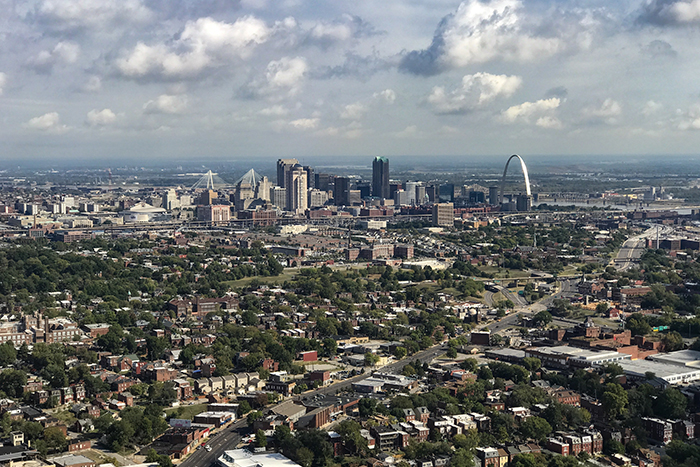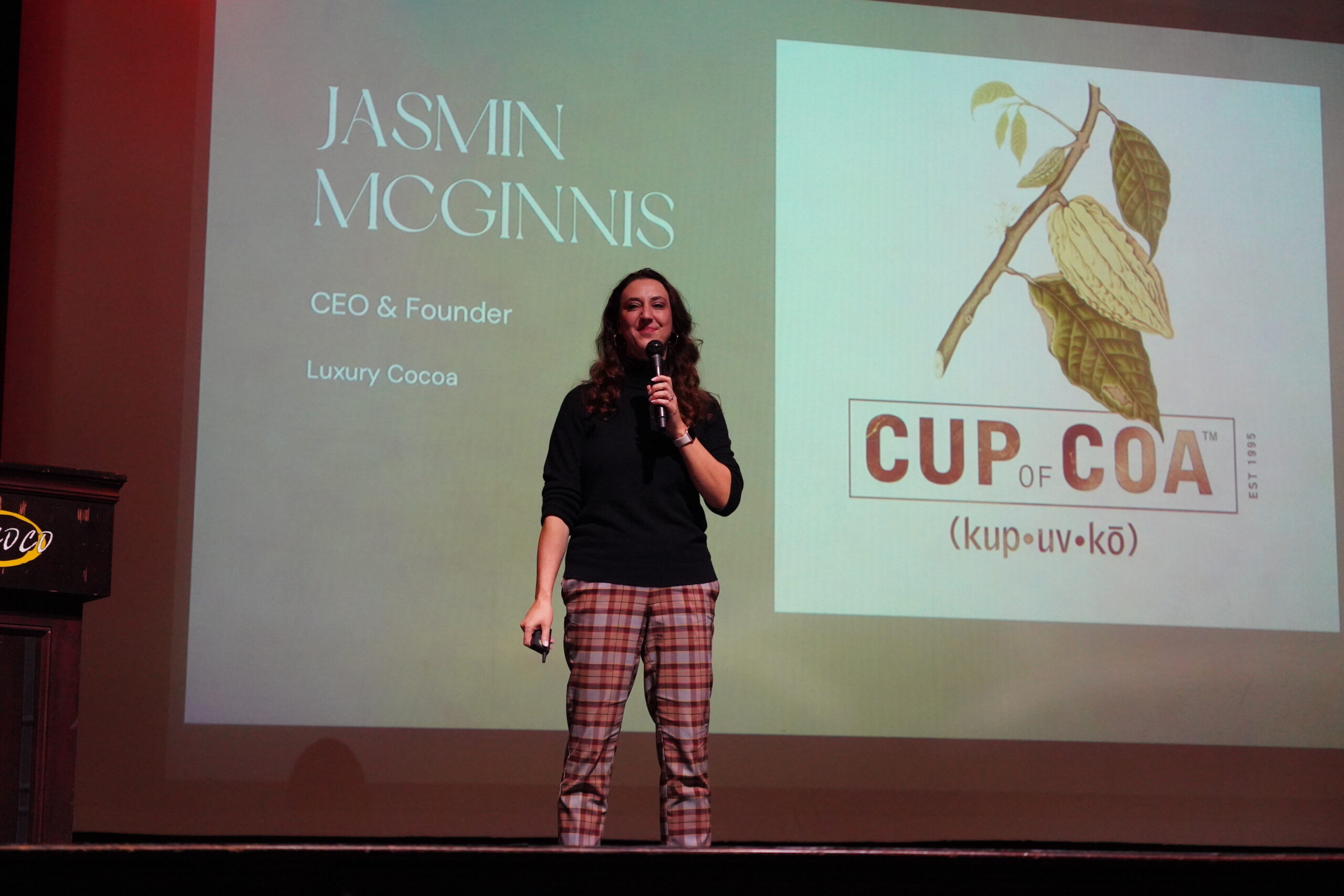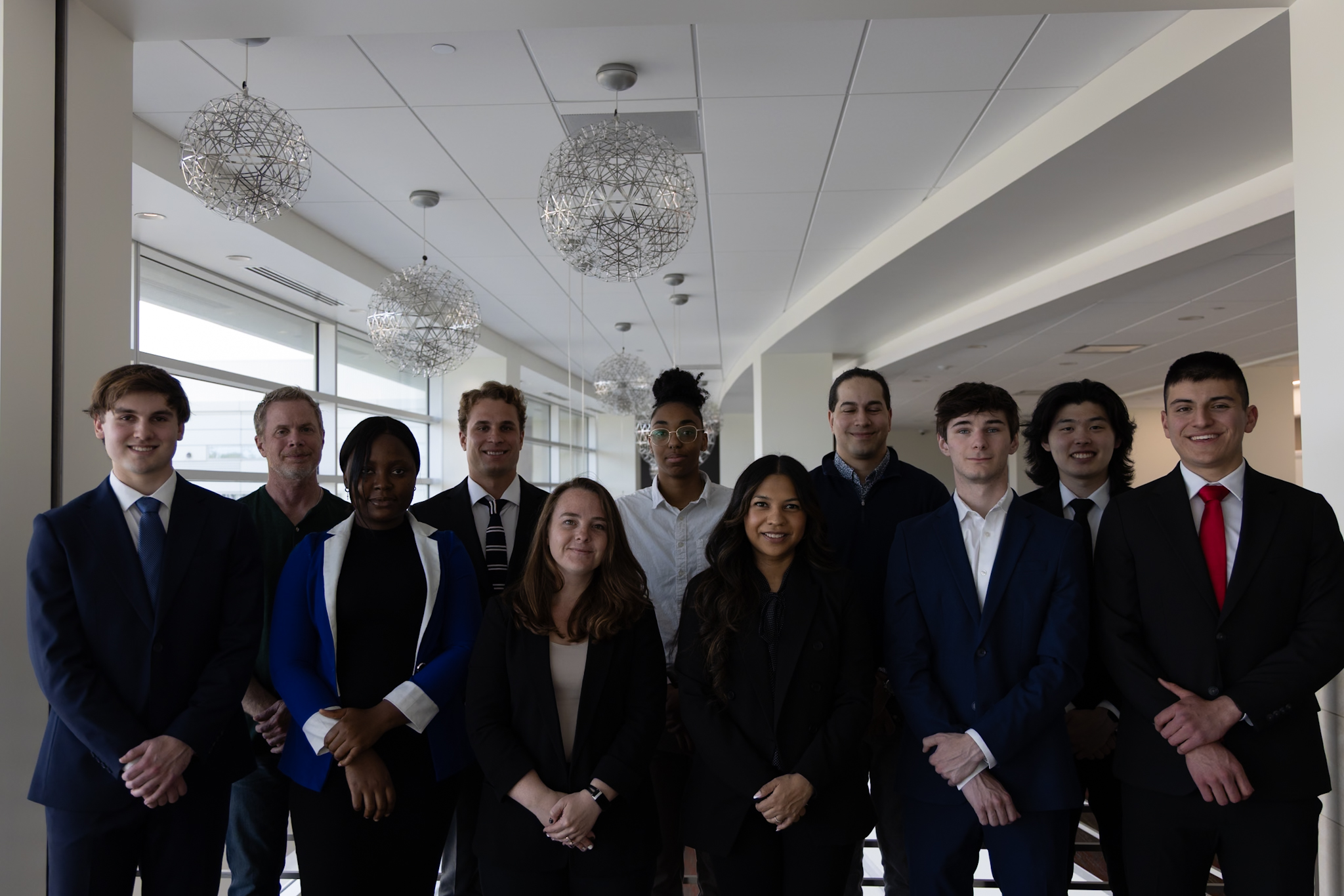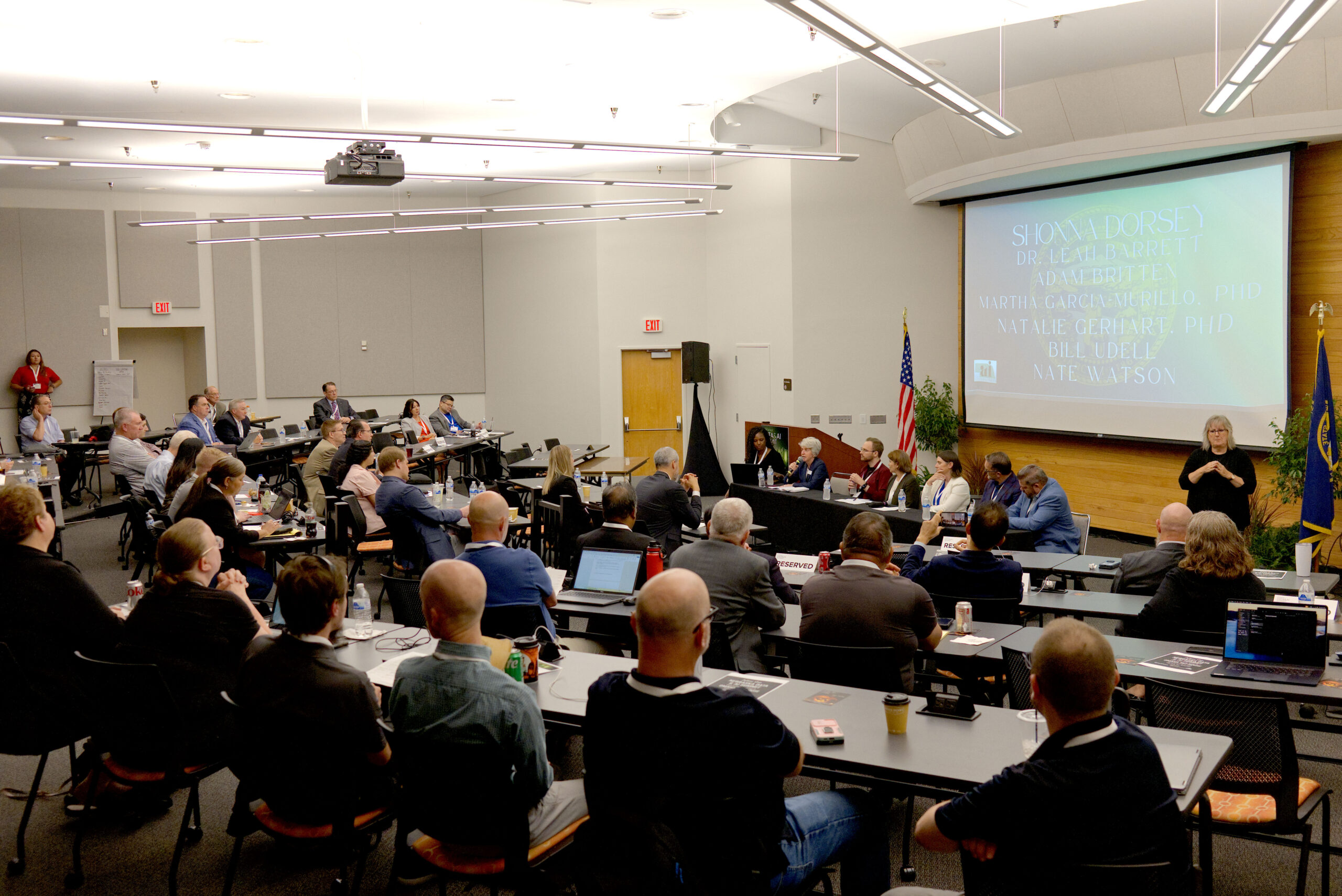Richard Florida, an urban studies theorist and author of The Rise of the Creative Class and The New Urban Crisis, calls it “spatial inequality.” Different pundits, academics, and politicians use other terms to describe the same idea, but at its core, they are all talking about the same thing: For the foreseeable future, American politics won’t be defined by ideological conflict, but by access to economic opportunity based on where you live.
In other words, the fact that a child born in the bottom 20% of households in San Francisco is more than twice as likely to reach the top 20% as a child born in the bottom of 20% of households in Detroit is going to be the source of political conflict for years to come. That conflict will only get worse if more technical talent and financial capital continue to concentrate in large coastal cities.
A recent essay, “The Right Way to Help Declining Places” in the digital version of The Economist, talked about potential policy solutions to spatial inequality. Of course, the essay didn’t define what constitutes a “Declining Place,” but with more than half of all net business creation coming from just 5 cities, it’s hard not to conclude that for some in the media the entire Silicon Prairie constitutes a declining place.
What’s notable about the conversation around spatial inequality is the tendency to suggest solutions that would just make the problem worse. In addition to other recommendations, the Economist essay suggests creating policies that would make it easier for people to leave their community.
Mobility has always been an overlooked yet important part of America’s economic growth. That said, policies the federal government might create to encourage people to leave their community are not going to go over well (and in the little western towns I grew up in, are likely to help grow the ranks of the local militia).
What’s almost never mentioned as a solution to spatial inequality is investing and supporting high-potential startups and entrepreneurs who are already creating jobs and economic opportunity. Most of what I’ve read about spatial inequality is clearly written by people who’ve spent little to no time meeting entrepreneurs outside of Silicon Valley or visiting the startup ecosystems popping up across the country.
In other words, though the pundits don’t come right out and say it, the implication is clear and framed in absolute terms:
All the smart people with big ideas and technical talent are on the coasts or in huge cities. The only solution (if there is one) is to move people out of their community and into (an insanely expensive) apartment in San Jose.
Of course, bad solutions are still more commendable than no solution. Often the writers of these pieces simply take the approach of throwing their hands up and hoping the growing divide in the country somehow fixes itself before it gets too ugly.
There is another alternative.
The media outlets pushing this narrative could visit places they deem “declining” and recognize that there are talented, high-potential entrepreneurs throughout the country. Policymakers and politicians could also champion large-scale strategic investments in specific industries and even specific companies. Silicon Valley didn’t become Silicon Valley by luck, accident, or because the water there made people smarter. The tech community there was a direct outgrowth of the money the federal government poured into the defense industry.
The same thing can happen in the middle of America—but it also won’t happen by accident. It will happen intentionally when the media gets tired of only covering St. Louis when demonstrations fill the streets, and starts writing more stories about the nation’s fastest-growing tech hub. It will happen when the country learns that no one in their right mind would ever say Kansas City is in decline. Of course, telling the story is only the half the battle, and large-scale investment in high-potential entrepreneurs and industries needs to follow.
It will take a while, but it’s a better idea than encouraging people to leave, or throwing our hands up and waiting for the problem of our growing economic divide to solve itself.
__
J.C. McKissen is a consultant based in St. Charles, Missouri. He’s a two-time LinkedIn Top Voice and a columnist for Inc. and CNBC.





